Trump and the Next Congress Should Ensure the Tax Code Continues to Help Small Businesses
“Full expensing” may not sound like the most exciting policy, but it’s the strongest tool in our tax code to help our small businesses.

“Full expensing” may not sound like the most exciting policy, but it’s the strongest tool in our tax code to help our small businesses.

The US government’s $6.8 trillion budget is larger than the GDPs of Germany and Japan. Its roughly $2 trillion annual deficit is larger than the GDP of Mexico. And it has 441 agencies that employ more than 2.8 million civilian employees.

Tax reform in Alabama is desirable and very possible. However, the overtime exemption, which complicates the tax code, reduces neutrality, and adds to compliance and reporting costs, is not a good example.
4 min read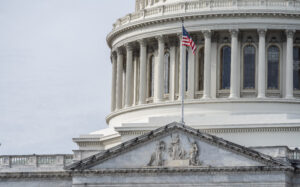
Fiscal pressures are likely to weigh heavily on lawmakers as they craft a tax reform package. That increased pressure could result in well-designed tax reform that prioritizes economic growth, simplicity, and stability, or it could encourage budget gimmicks and economically harmful offsets. Lawmakers should avoid the latter.
8 min read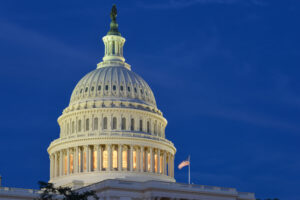
The new GOP Congress will have to decide how to tackle the looming expiration of 2017’s Tax Cuts and Jobs Act.
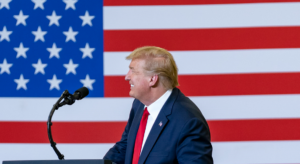
President-elect Trump may want to impose tariffs to encourage investment and work, but his strategy will backfire. Tariffs will certainly create benefits for protected industries, but those benefits come at the expense of consumers and other industries throughout the economy.
5 min read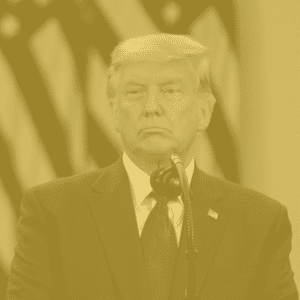
Join hosts Kyle Hulehan and Erica York in this episode of The Deduction as they break down the US tax policy implications of Donald Trump’s next presidential term.
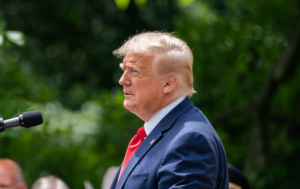
Lawmakers will need to pursue fiscal responsibility as they address the tax law expirations, but fiscal responsibility requires finding sound ways to pay for spending priorities. Tariffs don’t make the cut.
4 min read
Can tariffs truly replace income taxes in today’s economy? In this episode, we examine the bold and controversial proposal from former President Trump to replace income taxes with tariffs. What would this dramatic shift mean for everyday Americans, particularly those with lower incomes? And would it actually work?
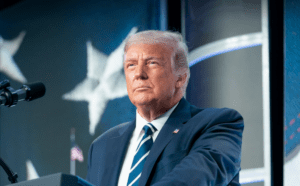
Trump has floated a proposal to replace the US income tax system with a new system of tariffs, moving the United States back to the tax mix of the late 19th century. The plan, simply put, is a mathematical impossibility.
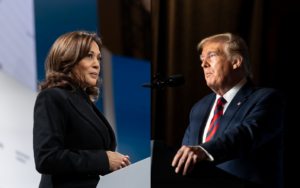
Trump’s tariff hikes would rank as the the largest tax increase outside of wartime since 1940. Meanwhile, Harris’s tax plan would rank as the 6th largest tax increase outside of wartime since 1940.
5 min read
Congress has the power to stop this trade war, and for the sake of our economy, they should.
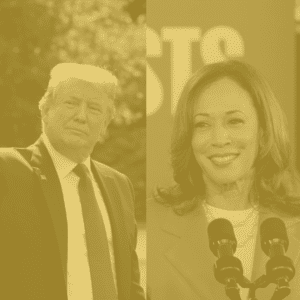
Are tax increases on the horizon in 2025, no matter who takes office? In this episode, we explore why changes to the tax code could hit your wallet, regardless of which party comes out on top.

Trump’s proposal would bring the US more in line with most other developed economies, which tax only those who live and work within their borders.
4 min read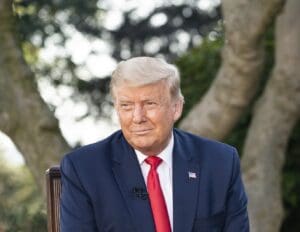
We estimate Trump’s proposed tariffs and partial retaliation from all trading partners would together offset more than two-thirds of the long-run economic benefit of his proposed tax cuts.
12 min read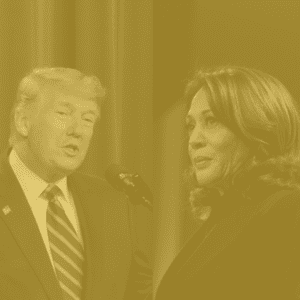
Neither presidential candidate has a perfect tax plan. But what changes could Trump and Harris make to their respective tax plans to better serve American workers and the economy? In this episode, we dissect their plans and provide practical solutions for improvement.

Restoring expensing for R&D, machinery, and equipment; extending better cost recovery to structures investment; and avoiding raising the corporate tax rate would create a stronger, pro-investment policy environment for the US economy.
44 min read
By 2035, Social Security as we know it will largely be insolvent. If we want to fix the issue, it’s time for our parties’ leaders to reform the program so it can be around for the long run for all Americans.

Both candidates’ policies would ultimately stifle the kinds of broad economic expansion they claim to seek.
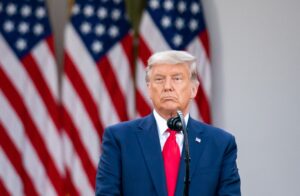
Using tariff policy to reallocate investment and jobs is a costly mistake—that’s a history lesson we should not forget.
6 min read